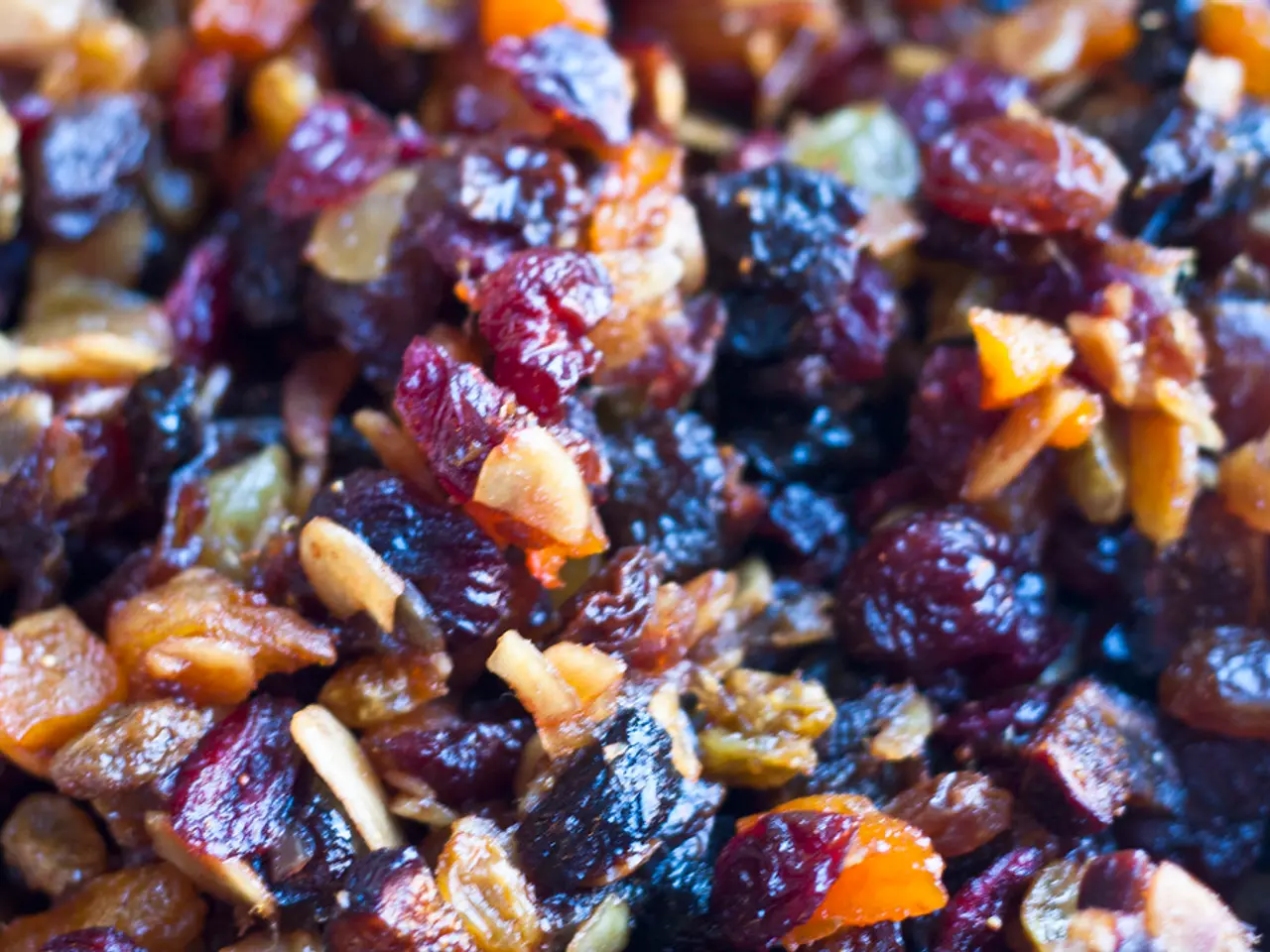Essential Role of Vitamin D in Winter's Immune System Functioning
As the cold season approaches, many people turn to targeted dietary supplements, such as vitamin D3/K2, to meet their winter needs. A comprehensive approach to vitamin D in winter should consider individual circumstances, as a stable vitamin D level is often associated with higher energy and more vibrant overall well-being.
Vitamin D, a crucial nutrient for maintaining health, plays a significant role in supporting the immune system, particularly during the cold season. The production of vitamin D decreases due to reduced UV-B radiation, and those who spend a lot of time indoors may experience less natural synthesis of the vitamin.
Healthy eating habits, moderate sun exposure, and a balance of activity and recovery strengthen the immune system in many ways. Nutrition plays a subtle but not insignificant role in providing precursors for vitamin D production. A balanced diet can only partially compensate for the reduced production of vitamin D during the cold season.
Recent studies have highlighted the positive effects of Vitamin D on immune defense mechanisms. Researchers from various international experts have emphasised its role in cellular protection and oxidative stress. Vitamin D deficiency is widely studied in connection with immune response and diseases such as COVID-19 and acute coronary syndrome.
Vitamin D seems to support the development of certain immune cells and modulate the body's own defense status. A balanced vitamin D intake could potentially support mood during the winter months, as experts suspect that low vitamin D levels may affect serotonin production, which is responsible for mood and calmness.
Regular exercise supports overall well-being. Those who regularly take walks in the fresh air, even on cloudy days, benefit from smaller amounts of natural sunlight. It's important to note that a balanced approach to vitamin D intake is essential, and consulting a healthcare professional is always recommended.
In winter, vitamins C, zinc, and selenium also come into focus as they support immune strength. Continuous new insights could contribute to putting balancing options in the spotlight, especially in the context of seasonal temperature fluctuations.
In conclusion, a well-rounded approach to nutrition, sun exposure, and exercise can help maintain a healthy immune system during the winter months. The science of immunology considers vitamin D as an essential factor for numerous biological processes, making it a key nutrient to focus on during the colder seasons.
Read also:
- Peptide YY (PYY): Exploring its Role in Appetite Suppression, Intestinal Health, and Cognitive Links
- Toddler Health: Rotavirus Signs, Origins, and Potential Complications
- Digestive issues and heart discomfort: Root causes and associated health conditions
- House Infernos: Deadly Hazards Surpassing the Flames




